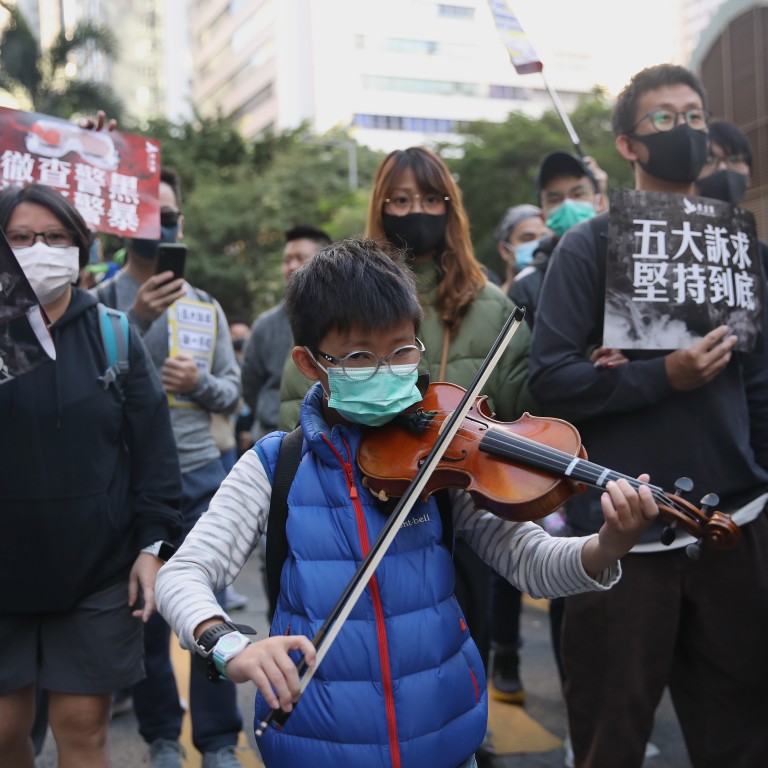
Vibrant, unique Hong Kong is still key to China’s development, and Beijing should be grateful for the city’s distinct status
- As chief financial filter, Hong Kong was key to China’s economic miracle. Now, the city and its unique culture can give China’s soft power a much-needed boost, and be a test bed for the freedoms the mainland’s middle classes will sooner or later want
Hong Kong is a distinct society in the Chinese sociocultural world, and deserves recognition for that. It has evolved on a braided pathway of cultural traditions, colonial experience and global interaction, which have produced a unique template of societal values and mix of institutions.
And, importantly, there are expectations of an increasingly reciprocal relationship between the populace and its government. This sophisticated outlook is a treasure which should not be overlooked – let alone suppressed.
Beyond the recognition of its distinct status and culture, Hong Kong deserves gratitude. China could not have come into being in its current form without the exceptional abilities and influence of Hong Kong. No place has been more key to China’s development because of its interface between the mainland and the outside world, and its provision of investment, expertise and personnel.
Encouragement by a truly self-confident and diversity-celebrating government could even reinvigorate recently eclipsed pop-culture industries. Canto-pop and the local film industry once had global appeal, and were inspirations for the cultivation of indigenous entertainment industries across Asia.
Such development could offer new career avenues for local youth, and be a potent adjunct to China’s soft power, which languishes at 27th place out of 30, according to Portland Communication’s Soft Power 30 report.
From Singapore to Sweden, China’s influence campaign is backfiring
Perhaps most vitally, Hong Kong’s example as an open, cosmopolitan society with Chinese roots could provide Beijing with important insights into pathways towards social liberalisation.
Hong Kong is a perfect candidate for a special political zone, in which current and gradually increased freedoms could be tested, with an eye to their appropriate modification and transfer to other regions around the country.
Beyond its status as the chief financial filter between China and the wider world, Hong Kong still has much else to offer. Because of its distinctness, it continues to be a place of immense value. Forward-looking leadership should celebrate that, and tap its potential.
Brian Olsen is a global studies and communications instructor at Chinese University of Hong Kong, and teaches summer courses at the British Columbia Institute of Technology in Vancouver

